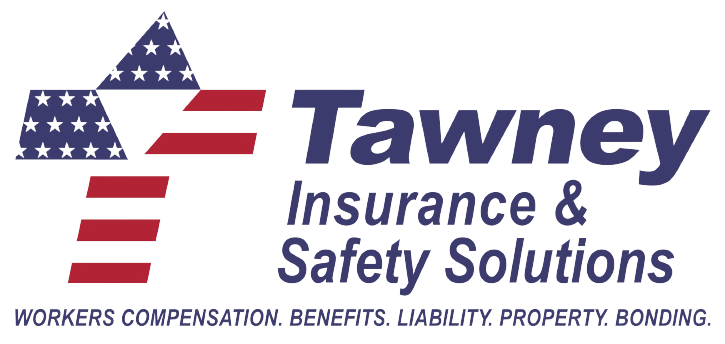Why Your Business Insurance Strategy Might Be Costing You Six Figures
You've worked with the same insurance agent for 15 years. Great guy, solid trust, but when's the last time you asked if you're getting the best deal? Most business owners never do, and that loyalty might be costing more than you think.
Optimizing insurance and risk management strategies isn't about chasing the cheapest premium. It's about setting up a system that keeps your business protected without breaking the bank. Most companies treat insurance like an annual chore instead of what it should be, an ongoing business decision.
Here's how smart business owners are rethinking insurance to save serious money while getting better coverage.
Look, relationships matter in business. But staying loyal to one insurance agent without shopping around? That's expensive loyalty.
Even great agents can't access every market. They've got relationships with certain carriers, commission deals that might influence what they recommend, and honest limitations on what they can offer. Stick with just one person and you're only seeing part of what's out there.
Same story every year: your agent shops around to a few carriers, shows you some options, you pick one. Seems reasonable, right? But this approach has problems.
Your agent only knows certain carriers. They earn different commissions from different companies, and while most agents are honest, those financial incentives matter. Plus, many agents focus on price and coverage but don't spend time understanding how your business has changed or what risks you're facing.
A Smarter Approach
The businesses saving real money aren't just buying insurance differently—they're managing risk differently. They combine hands-on safety work with smart insurance shopping.
Before you shop for coverage, figure out what you're protecting against. Go beyond the basic stuff. Look at workplace safety issues, what happens if your business gets shut down, cyber risks, employee-related problems, and whatever environmental stuff applies to your industry.
The best insurance claim? The one that never happens. Companies that invest in real safety programs see 20-30% drops in workers' comp costs and better rates on general liability.
We're talking about regular safety training that matters, procedures that people follow, systems to track and learn from incidents, keeping equipment maintained, and staying on top of regulations.
Once you've made your business safer, find coverage that makes sense. Don't just go with whoever's cheapest—find carriers who get your industry and understand your risks.
The Fee-for-Service Option
Some business owners are trying something different, paying for insurance advice instead of getting "free" advice from commission-based agents.
Here's how it works: You pay a consultant to research the market and shop your coverage. Since they're not getting paid by insurance companies, their advice isn't influenced by who pays the biggest commission. You get recommendations based on what's best for you, not what makes them the most money.
Getting your insurance and risk management right isn't about finding the cheapest policy—it's about setting up protection that makes sense while keeping costs under control. That means being proactive about safety, looking at all your options, and making decisions based on what's best for your business, not just who you like.
Start by taking an honest look at what you're doing now. Are you getting good value? Do you have systems in place to prevent problems? Are you limiting yourself by only working with one person?
The businesses that do well are the ones that ask tough questions and make changes when they need to. Your insurance should help your business succeed, not hold it back.
